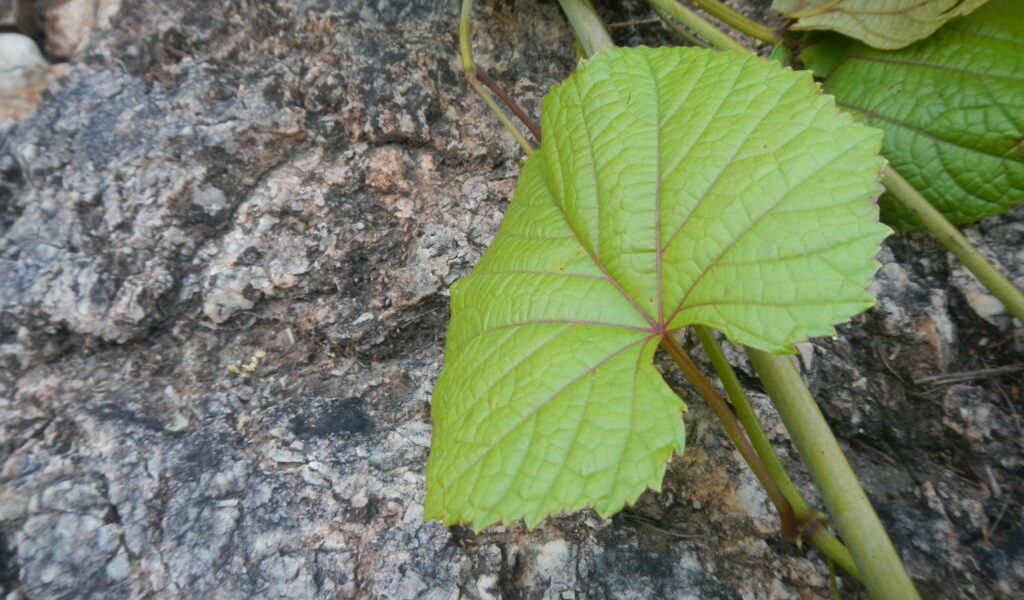
SIGNIFICANCE OF FLORA:
- Flora plays a crucial role at the global level.
- Initially population was thin, activities were not many and society was dependent on agriculture. So the consumption of resources was at an acceptable level.
- The world’s population is rapidly becoming more urbanized and with the advent of industrialization and development of energy, various needs increased.
- Our earth stands as a wounded planet today and this compels us to think globally but act locally for a brighter common future.
- People are at cross roads; the warning of damages to the environment, habitat, health and quality of life are growing louder and for finding some viable options of sustainable development “ to guard people and planet both for long”, solidarity of understanding and action between industrialized and developing countries is essentially needed.
WHAT CAN WE DO?
Despite tremendous spread of education, man is not paying attention to the environment, which was required on his part and is playing havoc with the ecology due to his selfish interest and desire to exploit the nature. If devastation of environment and ecology continues at the present pace, a grave danger is likely to occur to human existence itself. The trials can be made at individual and local level. Plants growing should be made a legal commitment for industries as well as household level. Cities need more trees and plants. People are getting tired of cities without them. They want pretty flora that will attract fauna.
The best friend of earth, of man is the plant.
When we use them respectfully and economically,
we have one of the greatest resources on the earth.
(Frank Lloyd Wright).
Urban / Social Forestry:
Urban forestry is the careful care and management of tree populations in urban settings for the purpose of improving the urban environment.
- Trees, plants and shrubs that are planted close together along highways as well as in and around the nearby houses.
- Government should entangle the policy of “social forestry” with all economic schemes.
- Children should be encouraged to grow and develop their own surroundings with greenery.
Green Building- Use of Passive Solar Energy in Building:
Green building, as name suggests having greenery all the way as well as the building materials used in it, are eco-friendly.
- Use of passive solar energy.
- generate love for the plants and trees.
- All the houses should leave the set back areas as per the building By-Laws and some area should again be left unconstructed for the utilization in growing any type of vegetation.
Consumption Pattern:
- Knowledge should be there in itself about standard marks. Read label before buying.
- Use environmental friendly products having eco-mark, organic, chemical free, 3R’s (Reuse, Reduce and Recycle).
- Use renewable energy equipments or solar energy driven equipments. It will help to reduce mechanical energy consumption.
- Use consumer rights and responsibilities as situation comes.
- Do not dispose waste anywhere, make sections.
- Electronic Items should also be disposed as per law.
- Try to reduce carbon foot print and Green House Gases emission.
- Cover short distances with own legs or use public vehicles. Less vehicles on road, less pollution in the surroundings.
- Don’t use poly bags which cannot be absorbed by the soil, when we litter them anywhere.
Building Landscaping:
- Kitchen garden is a device to grow vegetables on a small plot of land. It is delightful hobby. A kitchen garden is where herbs and vegetables are grown around the house for household use.
- Terrace gardens and balcony gardens can be maintained in houses if there is no space for landscaping.
- Houseplants should be maintained outdoors as well as indoors. There is a tendency for gardens to become smaller and smaller, and many people are living in flats without a garden at all.
- Hanging gardens (on roofs and walls) can be grown if floor space is less.
- Building bye-laws should be stricter to leave some space to grow vegetation. Regulations will surely turn into habit, rather good one.
Summary & Conclusion:
- The houseplants play an important role in improving the IES through maintaining the air quality standards. The present research makes people to realise just how important plants are to revitalize the IAQ. According to the study, the more vigorous the plant, the more air it can filter. Overall, houseplants are one of the eco-friendly techniques in improving the IES.
- Hence, above mentioned are the several methods which we can do on an individual basis. We should take it as our priority, resulting in better and sustainable living. Keeping nature at its best and managed way, rules out the world. Use nature but don’t misuse it, otherwise it will take revenge from us only.

True mam. Green fingers for green earth!
Nice article
thanks for such a good information,
best luck
Indeed Bhawana, high time we stop abusing nature. All the best
Yes….
and Thanks a lot
Best
Good article
Tree plantation is best option to gain green enviroment..thnks for good suggestion..
Tree plantation is best option to gain green enviroment..thnks Mem for good suggestion..
Deeply appreciate. It’s time to wake up now.
Wonderful article.
This is so important, We human should not just consume, we should be careful with other lives on the earth.
Good one